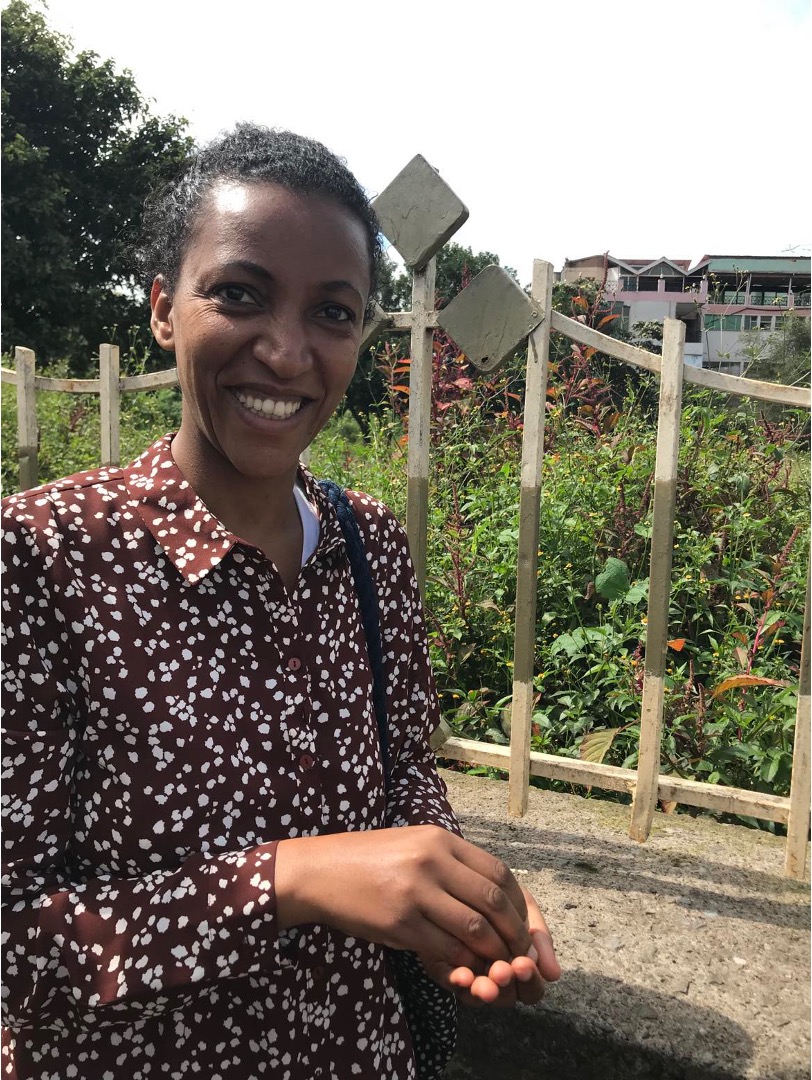Reducing school-age under-nutrition through promoting amaranth plus flaxseed food products in Sidama, Ethiopia
Background: Undernutrition contributes to compromising children’s health, growth and development. Long-term problems include learning and productivity. The most common cause of child undernutrition in low-income countries is poor diet diversity and food insecurity, leading to inadequate intake of macro- and micronutrients. This also affects Ethiopia, where huge parts of the population cannot access adequate amounts of nutrient-rich foods to meet their daily dietary requirements.
Primary school-age children are vulnerable to undernutrition, specifically anaemia and undernutrition. School feeding programs are one of the strategies to combat this problem, targeting food-insecure areas using locally grown foods. Even if school feeding programs have been initiated in Ethiopia, most vulnerable children have not benefitted from these interventions.
For school feeding programs to be scalable and sustainable, exploring underutilised and nutrient-rich food sources is attractive.
Amaranth (see the photo taken by Prof. Ingunn Marie S. Engebretsenof plant and Dr Alemselam) is one of the few plants where leaves are eaten as a vegetable while the seeds are used as cereals. Our previous work discovered that amaranth grain grows as a wild plant and has better nutrient content than the commonly consumed staple maise. We found that an amaranth intervention in younger children
 decreased anaemia prevalence in children. However, we did not see an effect on growth. We identified fish and seafood consumption in the study area was almost null, although lakes and rivers are nearby.
decreased anaemia prevalence in children. However, we did not see an effect on growth. We identified fish and seafood consumption in the study area was almost null, although lakes and rivers are nearby.
Objectives: This study aims to assess nutritional health and to reduce under-nutrition among school children by preparing amaranth plus flaxseed food in Sidama, Ethiopia.
Methods: Under this research project, three study designs will be undertaken: a laboratory-based experimental study, a cross-sectional study, and an experimental pilot study.
The research group consists of Dr Alemselam Zebdewos Orsango, Professor Ingunn Marie S. Engebretsen, Dr Mehretu Belayneh Dinage, Aberash Eifa Dadhi (PhD student) and Mekdes Tigistu (PhD student).
PhD student pages:
